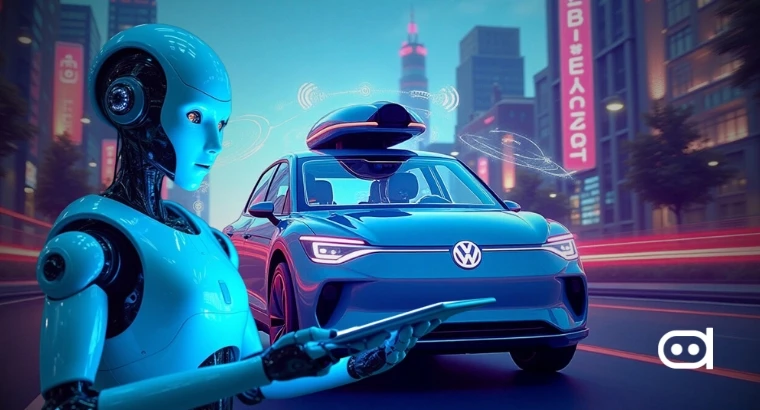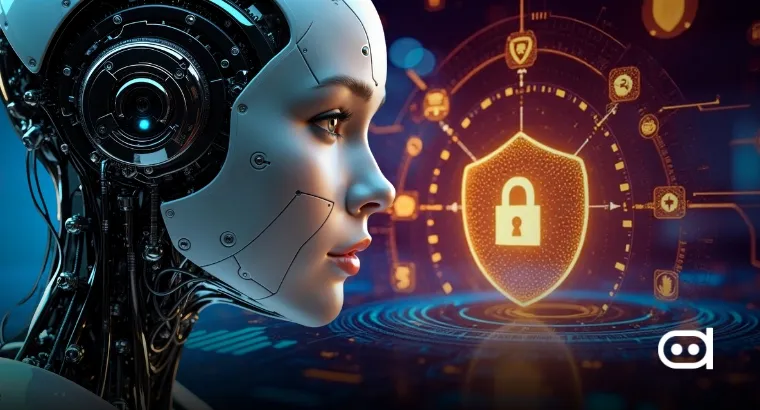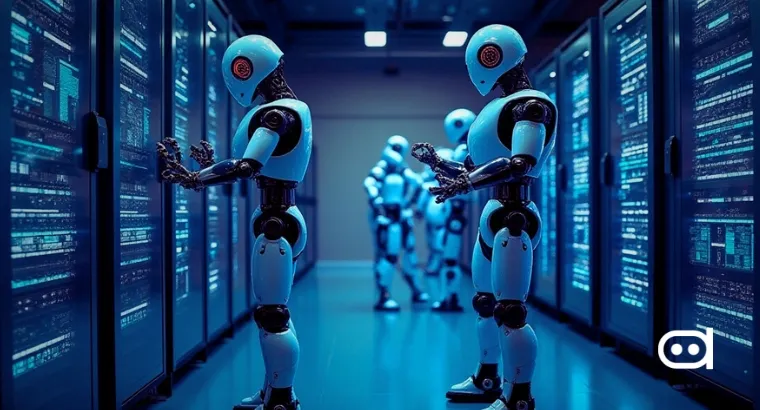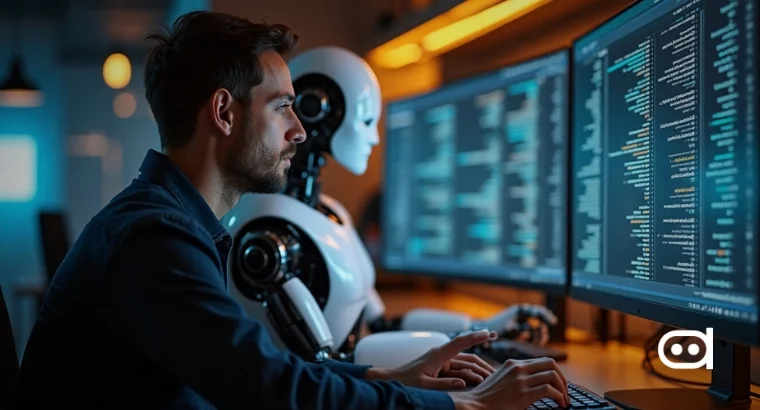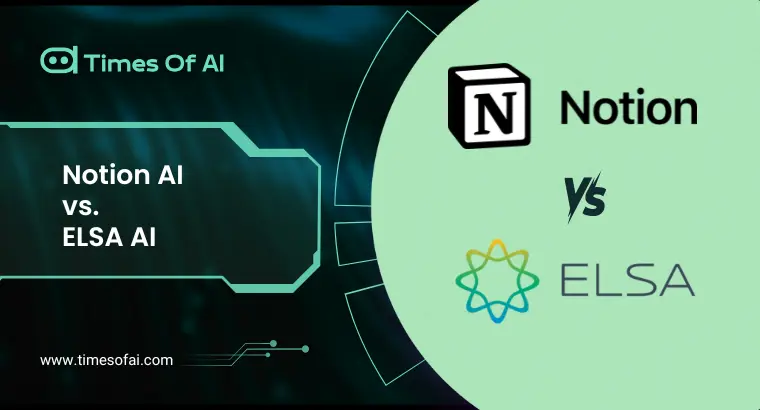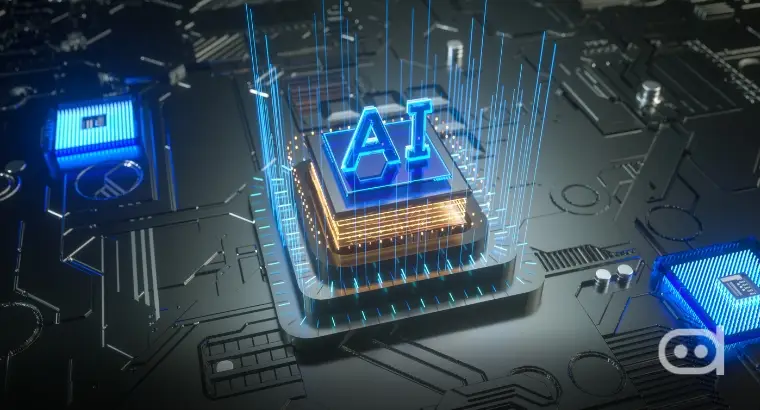
- OpenAI is developing its own AI chips to lessen its dependency on NVIDIA’s GPUs, secure a steady supply of components, and enhance its infrastructure.
- Partnering with Broadcom and hiring ex-Google AI hardware specialists, OpenAI seeks to revolutionize its data center capabilities, foster collaborations, and expand globally.
OpenAI is making significant strides towards developing its own AI chips, aiming to reduce its reliance on NVIDIA’s GPUs. This ambitious move is about securing a stable supply of components and enhancing the infrastructure, power, and data centers required for advanced AI applications. Sam Altman, CEO of OpenAI, is consulting with semiconductor giant Broadcom to potentially manufacture these custom chips, reflecting a broader strategy to establish a robust AI hardware ecosystem.
The decision to partner with Broadcom is strategic, given Broadcom’s expertise in custom ASIC solutions. These solutions can be tailored to meet OpenAI’s specific needs, providing essential silicon components for their data centers, including networking components, PCIe controllers, and SSD controllers. This collaboration is expected to streamline OpenAI’s data center requirements, making their AI infrastructure more efficient. Additionally, Broadcom’s proficiency in inter-system and system-to-system communication technologies could significantly enhance the overall performance and capabilities of OpenAI’s AI models.
Read More: OpenAI Launches GPT-4o Mini: The Future of Cost-Efficient AI
Furthermore, OpenAI’s goals are not limited to hardware only. The company has also opened a branch in Japan, where it plans to explore new sources of income and foster relationships with local firms, governments, and research organizations. In this global growth strategy, some of its partners include Carnegie Mellon University and Khan Academy, which aims to provide personalized educational experiences that are AI-driven. These projects show OpenAI’s determination to incorporate AI into different sectors and its ambition to extend the limits of what AI can do.
The road to developing proprietary AI chips is long and challenging, requiring years of research and substantial investment. Altman’s vision includes raising billions of dollars to establish a network of semiconductor factories, with potential collaborations with industry leaders like Intel, Taiwan Semiconductor Manufacturing Company, and Samsung Electronics. This bold strategy underscores OpenAI’s determination to innovate and lead in the AI hardware space.
Conclusion
OpenAI’s aspiration to create its own AI chips would go a long way toward reducing reliance on established GPU manufacturers such as NVIDIA. OpenAI is poised to overhaul its AI infrastructure and power by engaging with industry experts and expanding globally. The journey is full of difficulties, but the potential benefits may make OpenAI a pacesetter in AI innovation that establishes new benchmarks for the sector.
Cybersecurity Alert: Play Ransomware Expands to VMware ESXi
CrowdStrike Update Sparks Unprecedented Global IT Chaos
Meta clarifies AI content: “Made by AI” evolves to “AI Info”
Copyright case: OpenAI asks NYT to establish article originality

